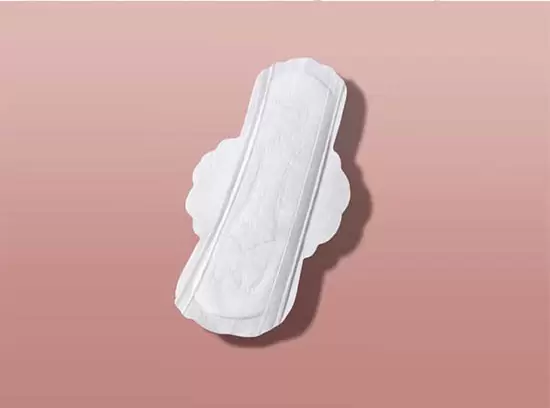Hygiene wipes should be familiar to girls. It is probably one of the daily necessities women use the most every month. However, with many years of experience in using hygiene wipes, do you really understand hygiene wipes? Are those rumors about hygiene wipes really credible? Women are prone to many diseases due to their different physiological structures. Especially it is necessary to understand clearly the hygiene wipes that are in close contact with their body. So today we will talk about the 4 tips of hygiene wipes in detail. For our health, please read it patiently.
1. The classification of hygiene wipes
(1) Soft and skin-friendly
Many people mistake soft hygiene wipes for pure cotton material, but this is not the case. Its material is actually a chemical fiber raw material, and the non-woven technology creates a fluffy and soft texture like cotton. Most of the hygiene wipes on the market are made of this material, and it must not be confused with pure cotton hygiene wipes.
(2) The mesh surface is dry
Mesh hygiene wipes, as you can tell from the name, have many small holes on the surface, and it is precisely because of the design of these small holes that it will make it feel more dry and reduce some of the stuffy feeling.
(3) Pure cotton
The material of pure cotton hygiene wipe is natural fiber, so when it comes into contact with our body, there will be no discomfort, especially suitable for women with sensitive skin. And when the temperature rises, the moisture contained in the fiber will all evaporate and dissipate, making people feel comfortable. Therefore, if you want to pursue a more comfortable feeling of use, you can choose pure cotton hygiene wipes.
(4) Liquid
Many women may be curious when they hear liquid hygiene wipes. In fact, liquid hygiene wipes are neither liquid nor contain liquid. Its absorption material is a new type of liquid material, which is liquefied by emulsification technology with pure water and nano-molecular-level polymer, similar to the porous form of memory foam. Its absorption capacity is very strong, and during use, the surface can basically stay dry, and most importantly, there is no odor.
2. The wrong statement of hygiene wipes
Are fluorescent agents toxic? In terms of fluorescent agent, whenever we hear its name, we always panic. There are even rumors that adding it to hygiene wipes can cause cancer. In fact, this statement is completely wrong. Fluorescent agent is just a conventional dye that can whiten, and it is added to the paper towels we usually use. Experiments have shown that fluorescent agents in standard doses are not irritating to the skin and have no risk of cancer. We can use it with complete confidence.
3. Replacement time of hygiene wipes
The question of how often to change hygiene wipes also troubles many users. If you don’t want your hygiene wipe to become a “hotbed” for bacteria, it’s best to change it every 2 hours. Don’t change it infrequently to save trouble or money, because it is not good for your health.
4. The preservation method of hygiene wipes
(1) Put it in a ventilated and dry place
Many women are used to putting hygiene wipes in the bathroom, but in fact, it is best not to. Because the hygiene wipe is relatively absorbent, placing it in a damp place is easy to mold or breed bacteria, which will cause a great safety hazard.
(2) It is best not to put it in the bag
During the menstrual period, when we went out, we would put hygiene wipes in our bags, and this very common habit would also be unsanitary. Because the things in our bags are more messy, there are a lot of bacteria in themselves. If the seal of the hygiene wipe is not tight at this time, it will get bacteria. So it is more hygienic to prepare a small bag specially.
(3) Do not hoard goods in large quantities
In fact, hygiene wipes also have a shelf life. Under normal circumstances, unopened hygiene wipes have a shelf life of 3 years, and after opening, they should be used as soon as possible. So usually don’t hoard a lot of hygiene wipes, don’t be carried away by the promotion activities, or you will lose more than the gain when it expires.













